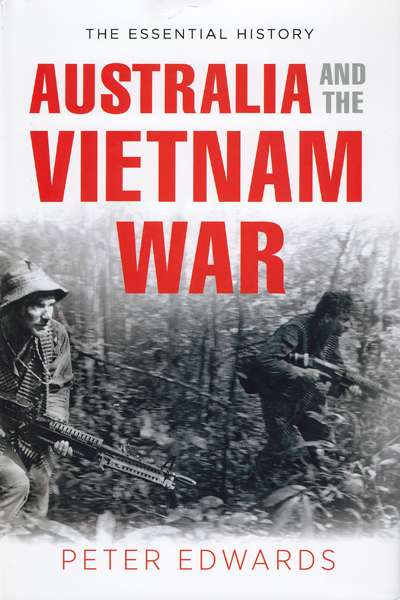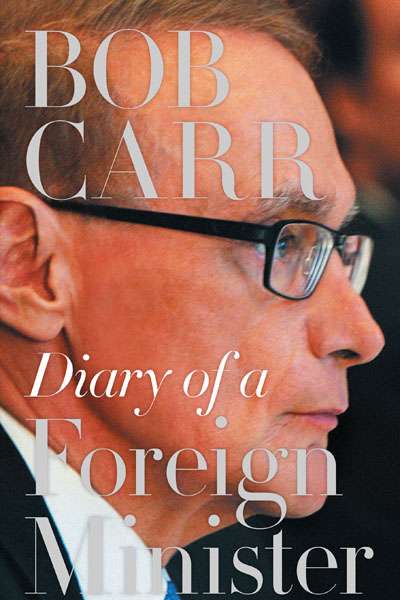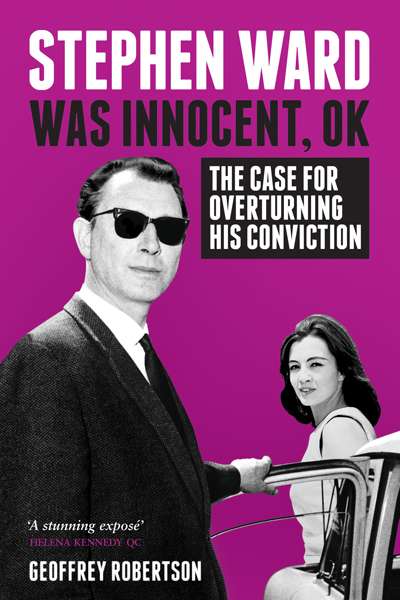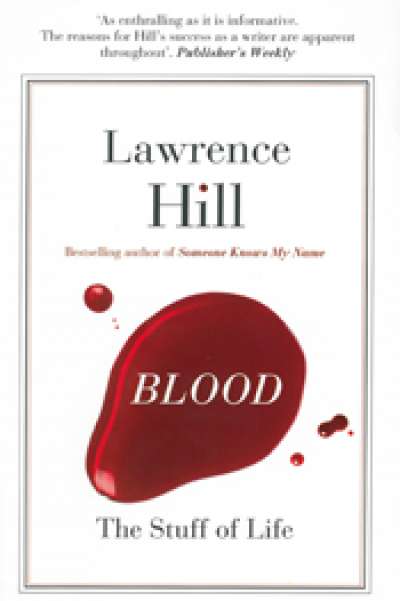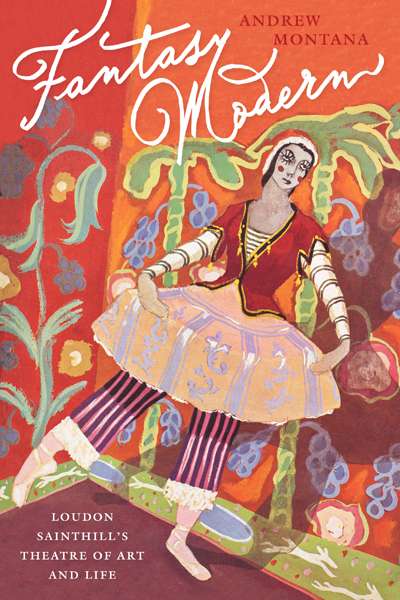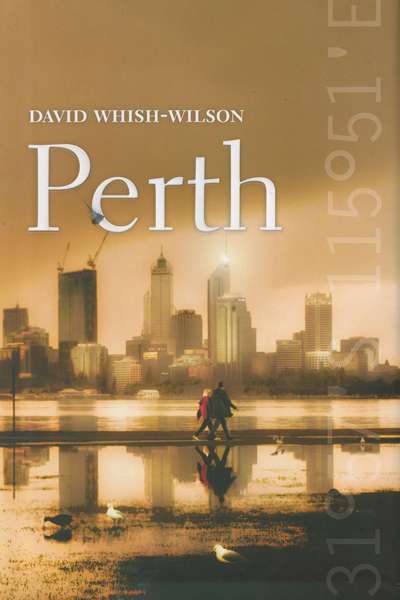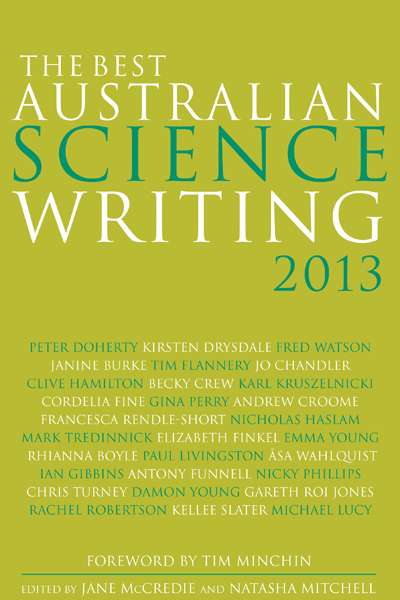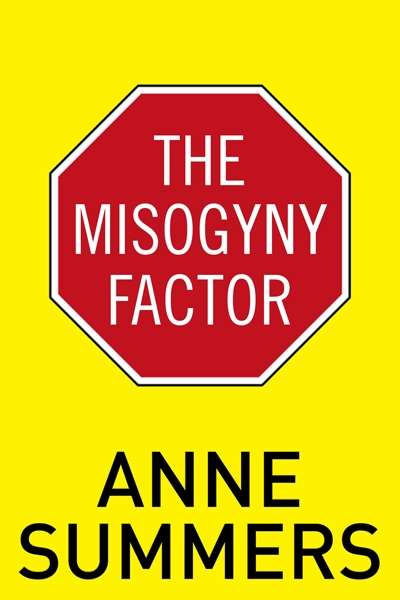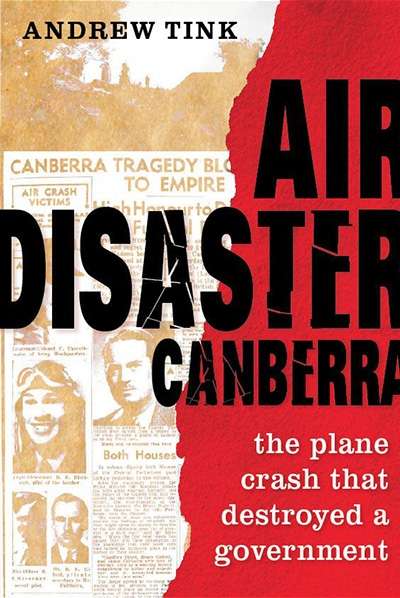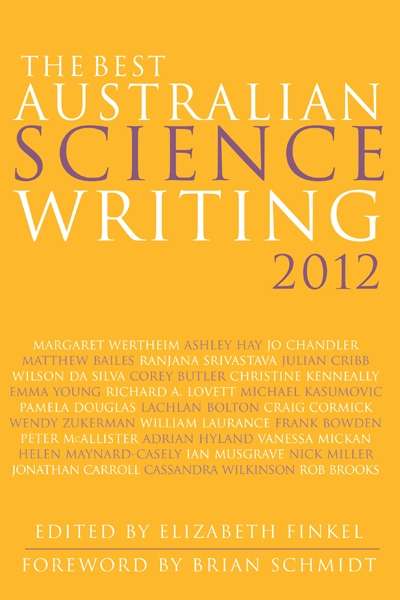NewSouth
Stephen Ward Was Innocent, OK: The Case for Overturning his Conviction by Geoffrey Robertson
by Paul Morgan •
Fantasy Modern: Loudon Sainthill's Theatre of Art and Life by Andrew Montana
by Lee Christofis •
The Best Australian Science Writing 2013 edited by Jane McCredie and Natasha Mitchell
by Danielle Clode •
Air Disaster Canberra: The plane crash that destroyed a government by Andrew Tink
by Lyndon Megarrity •
The Best Australian Science Writing 2012 edited by Elizabeth Finkel
by Robyn Williams •

